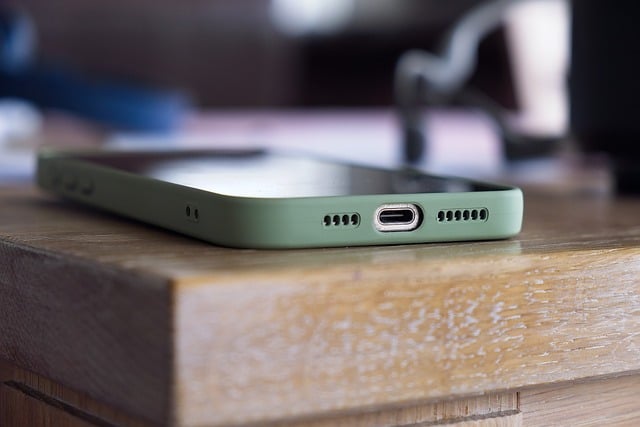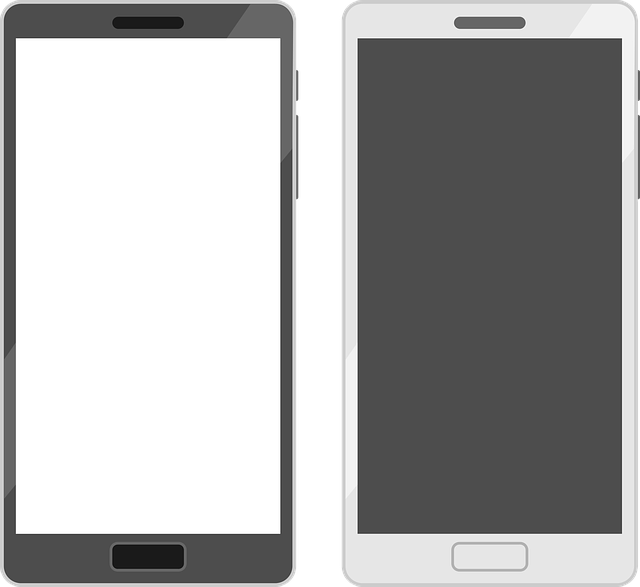North Dakota's strict Consumer Data Protection Act (CDPA) regulates outbound calls using automated dialing systems (autodialers), requiring clear opt-out mechanisms and pre-recorded message disclosures. Businesses leveraging autodialers for sales must hire an autodialer lawyer or attorney to ensure compliance with CDPA, GLBA, and other regulations, preventing legal risks and data breaches that could harm consumer trust. Advanced security features in autodialer systems, combined with employee training and strict handling guidelines, safeguard customer data during calls. SEO keywords: autodialer Lawyer North Dakota, autodialer attorney North Dakota, etc.
In today’s digital age, consumer data protection is paramount, especially during outbound sales calls. Every business utilizing autodialer technology in North Dakota must understand the legal landscape and best practices to safeguard sensitive information. This comprehensive guide delves into key aspects, including North Dakota’s consumer data protection laws, the role of autodialers, legal obligations, best practices, common breach scenarios, and how to avoid them. With an autodialer lawyer or attorney from a reputable law firm in North Dakota, businesses can ensure compliance and protect themselves from potential risks.
Understanding Consumer Data Protection Laws in North Dakota
In North Dakota, the protection of consumer data is a serious matter with strict regulations in place to safeguard personal information. The state’s laws, particularly those related to outbound calls and telemarketing practices, are designed to empower consumers and ensure businesses handle data responsibly. When conducting business through automated dialing systems or autodialers, it’s crucial to understand these legal frameworks. North Dakota has specific guidelines on how companies can contact residents, including restrictions on pre-recorded messages and requirements for opt-out mechanisms.
For businesses utilizing autodialer technology, hiring an attorney specializing in this field is a strategic move. An autodialer lawyer or attorney in North Dakota can provide valuable guidance to ensure compliance with the Consumer Data Protection Act (CDPA) and other relevant regulations. They can help navigate the complex legal landscape, ensuring that data collection, storage, and usage practices are ethical and transparent. This proactive approach not only mitigates legal risks but also builds trust between businesses and their North Dakota clientele.
The Role of Autodialer Technology in Outbound Sales Calls
In today’s digital age, outbound sales calls are evolving with advanced technologies like autodialers. These innovative tools streamline processes and enhance productivity for businesses across North Dakota. An autodialer lawyer or attorney in North Dakota can guide companies on navigating the legal aspects of implementing such systems while ensuring compliance with data protection regulations. By automating repetitive tasks, autodialers allow sales teams to focus on building relationships, resulting in more effective lead generation and improved customer engagement.
With the right support from an autodialer law firm or lawyers specializing in this area, businesses can harness the power of this technology while adhering to legal frameworks. This is crucial as data protection regulations continue to tighten, especially regarding consumer information. An autodialer attorney in North Dakota can provide expertise on best practices for storing and handling customer data securely during outbound calls, ensuring that companies maintain high standards of privacy and integrity.
Legal Obligations for Businesses Using Autodialers
In the realm of consumer protection, businesses utilizing autodialers for outbound calls bear legal obligations that must be respected to avoid potential pitfalls. The use of automated dialing systems, such as autodialers, is regulated by laws designed to safeguard individual privacy and prevent nuisance calls. North Dakota has specific regulations in place that govern how businesses can employ these technologies, with an emphasis on transparency and consent.
Businesses operating within the state must ensure they comply with the law when using autodialers. This includes obtaining proper authorization before placing automated calls, providing clear disclosures during the call, and offering an opt-out mechanism for recipients. Engaging the services of a qualified lawyer or attorney specializing in autodialer laws in North Dakota can help businesses navigate these complex regulations and mitigate risks associated with non-compliance, ensuring their operations remain lawful and ethical.
Best Practices to Secure Consumer Information During Outbound Calls
Protecting consumer data during outbound calls is paramount to maintaining customer trust and complying with regulations. Businesses using autodialers should implement robust security measures to safeguard sensitive information exchanged during these interactions. One best practice is encrypting all call data, ensuring that even if there’s a breach, consumer details remain unreadable without the decryption key. Additionally, training agents on secure handling procedures and implementing strict access controls can significantly reduce risks.
Further, regular audits of autodialer systems are essential to identify and patch vulnerabilities. Using reputable autodialer providers with strong security protocols is also recommended. For businesses in North Dakota, engaging an autodialer lawyer or attorney from a reliable law firm specializing in this area can help navigate data protection regulations like the Gramm-Leach-Bliley Act (GLBA). This ensures that every call is conducted with consumer privacy and data security at the forefront.
Common Data Breach Scenarios and How to Avoid Them
Data breaches during outbound calls can occur in various ways, often due to human error or technological vulnerabilities. One common scenario involves the unauthorized access to customer data by third parties who gain entry through weak passwords or unsecured systems. This can be prevented by implementing robust security measures, such as multi-factor authentication and regular password updates. Additionally, training employees on data protection best practices is crucial to ensure they handle sensitive information securely.
Another breach might happen when call recordings containing consumer data are left accessible or shared without proper authorization. To avoid this, businesses should establish clear guidelines for handling and storing recorded calls. Employing an autodialer system with advanced security features, like encryption and access controls, can significantly reduce these risks. Seeking guidance from an experienced autodialer lawyer in North Dakota is also recommended to ensure compliance with data protection regulations and mitigate potential legal consequences.






